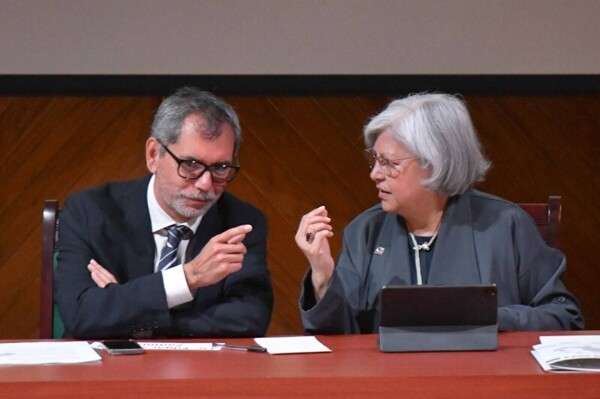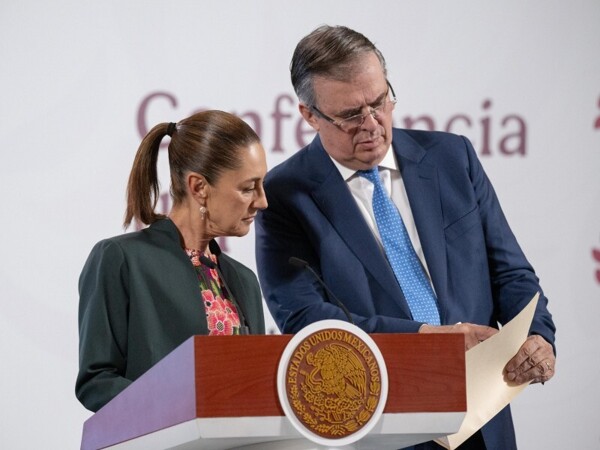
In Mexico, the price of gasoline continues to rise, exceeding 25 pesos per liter in some areas of the country. This increase not only affects car owners but also impacts the overall cost of living for citizens, making products in supermarkets more expensive and driving up public transportation costs. The populist rhetoric of Morena, the ruling party, which promised cheaper gasoline, has been called into question as the price continues to climb.
According to the National Institute of Statistics and Geography (INEGI), the increase in fuel prices is a decisive factor in the rise of everyday costs. Despite this, the government continues to use gasoline taxes as a means of revenue collection to fund government projects and programs, rather than alleviating the situation for citizens. It has been criticized that the promises to reduce the price to 10 pesos per liter have not been fulfilled and that the high cost of gasoline is negatively affecting household economies.
The National Action Party (PAN) has presented a concrete proposal to mitigate the impact of high fuel costs. This initiative includes a 50% reduction in the Special Tax on Production and Services (IEPS) applied to gasoline, aiming to keep the price per liter below 20 pesos. Additionally, there is a proposal to modify the Income Tax Law (ISR) to allow deductions for gasoline expenses for middle- and low-income families, benefiting taxpayers with limited annual income.
In contrast, the current government has been accused of maintaining high fuel prices to finance its projects and programs, rather than prioritizing the economic well-being of citizens. It is highlighted that the alleged promise of cheap gasoline has turned out to be an electoral trick that has not been fulfilled.
In parallel, on February 13, the Supreme Court of Justice of the Nation issued a pertinent ruling on the separation of powers in Mexico, warning about the tendency of some authorities to ignore judicial decisions in favor of political interests. This situation could undermine the rule of law and foster impunity in the country, according to the court's statement.
In summary, the rise in gasoline prices in Mexico, combined with current tax policies, has generated concern across various sectors of society regarding the economic and social impact of these government measures.














